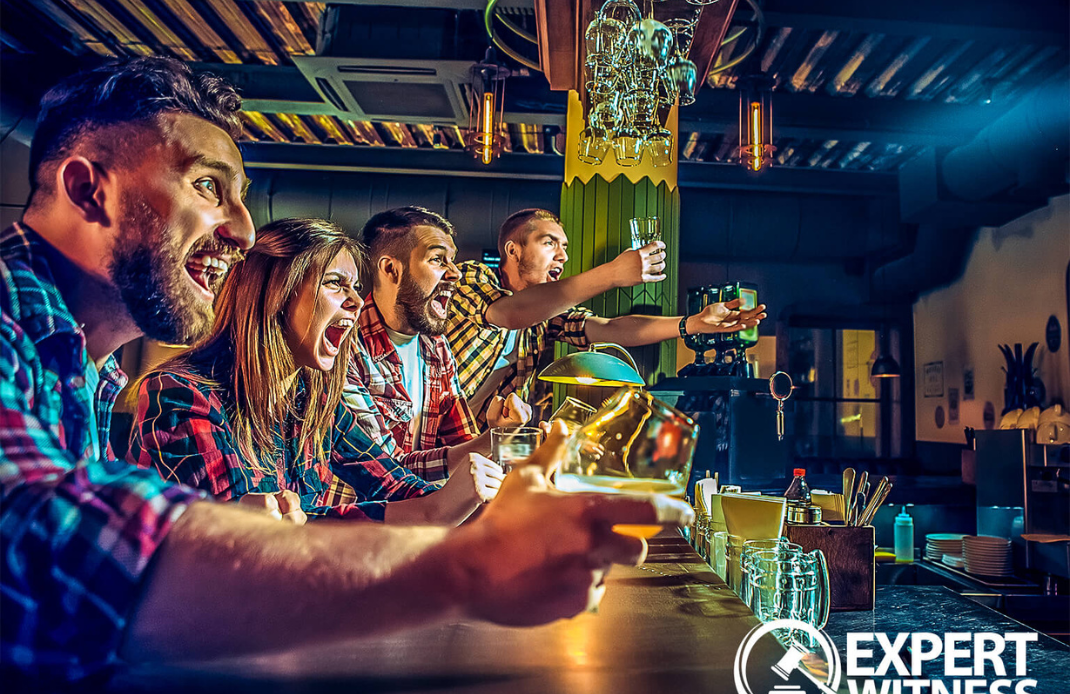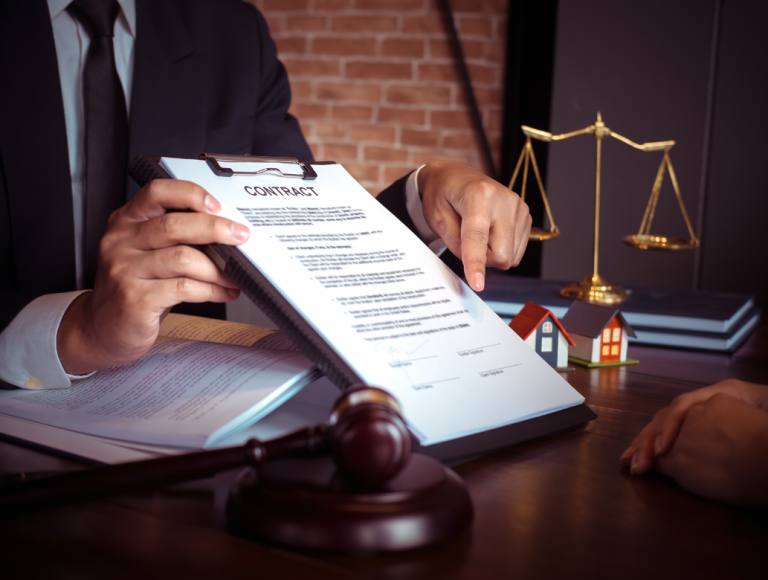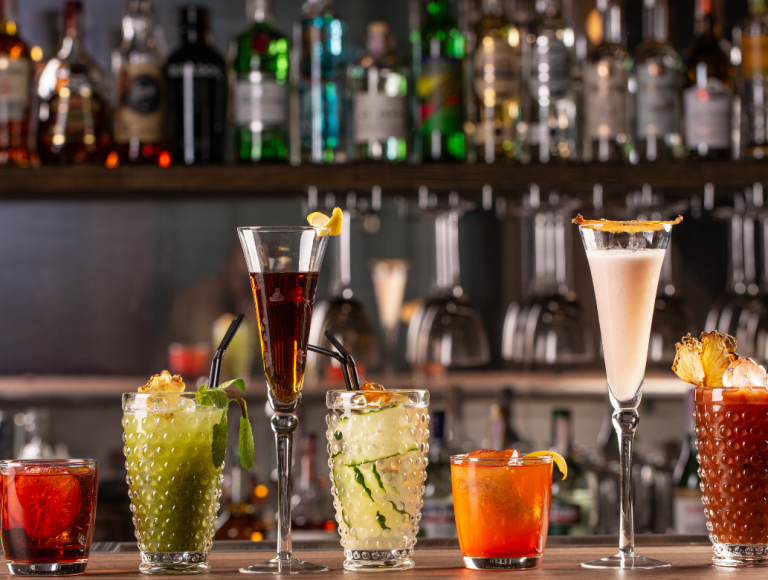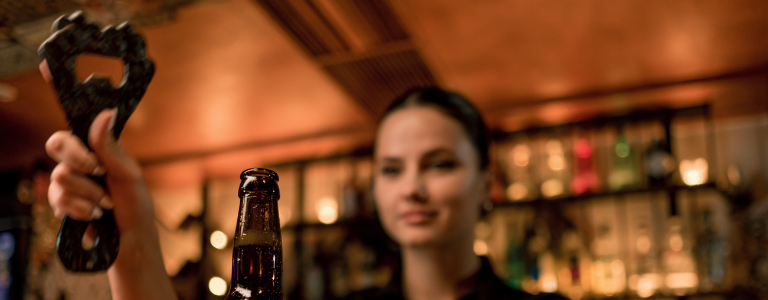Dram shop laws exist to regulate how alcohol-serving establishments interact with their patrons, ensuring that businesses do not contribute to dangerous situations caused by excessive alcohol consumption. These laws hold bars, restaurants, and liquor stores accountable for serving alcohol to intoxicated individuals or minors who later cause harm to themselves or others. The core purpose of these laws is to promote responsible alcohol service and public safety.
For business owners in the hospitality industry, understanding dram shop laws is essential. A single mistake, such as overserving a customer or failing to verify the age of a buyer, can lead to lawsuits, financial penalties, and even the revocation of a liquor license. While laws differ from state to state, they typically share a common principle: establishments must act responsibly when selling alcohol. If an intoxicated customer leaves a bar and causes a car accident, the business may be held partially liable for the damages. Similarly, if a restaurant serves alcohol to an underage individual who then gets into an altercation or accident, the establishment can face serious legal consequences.
There are various defenses businesses can use when facing dram shop claims, but prevention is always the best approach. Training employees to recognize signs of intoxication and refuse service when necessary is one of the most effective ways to minimize legal risks. Establishments should also maintain records of incidents where service was denied to intoxicated individuals.
The team provided expert advice, prompt responses, and a successful resolution. I couldn’t have asked for better representation
Ryan Dahlstrom
Business owners must also stay updated on state-specific regulations to ensure compliance. Many states require mandatory training programs for bartenders and servers to help them understand their responsibilities under dram shop laws. Additionally, some insurance companies offer liquor liability coverage to protect businesses from potential claims, which can be a crucial safeguard. By prioritizing responsible alcohol service, businesses can not only avoid legal trouble but also create a safer environment for their patrons and the community.





